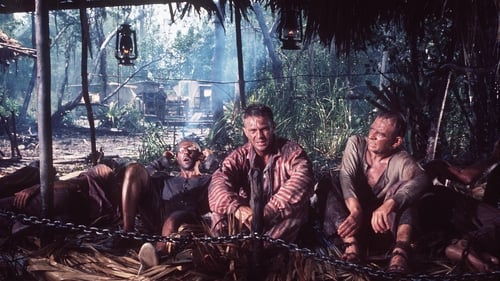
"Papillon", un hombre condenado por asesinato, es enviado a un penal de la Guayana francesa. Durante el viaje en barco, conoce a Luis Dega, falsificador de Bonos de la Defensa Nacional, un hombre débil, al que "Papillon" ofrece protección a cambio del dinero que necesita para huir de la cárcel.
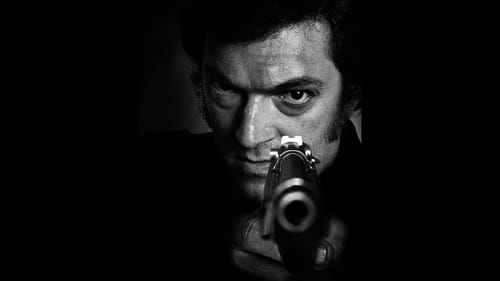
La vida del gángster Jacques Mesrine, conocido como “el hombre de las mil caras”, verídica leyenda de la criminología francesa. Jaques Mesrine es un joven soldado en Argelia que ha ido perdiendo parte de sus escrúpulos tras ser partícipe de los brutales medios que el ejército francés empleaba en los interrogatorios. Al regresar a Francia y a la casa de sus padres, la adaptación a la vida cotidiana se le hace difícil y con la ayuda de un amigo suyo se inicia en pequeños trabajos ilegales.
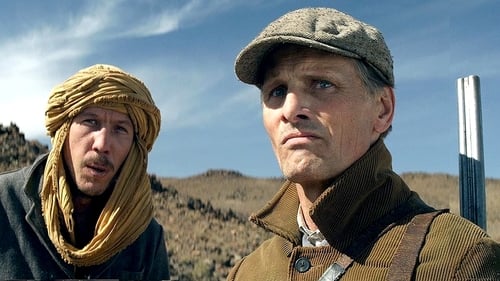
Argelia, 1954. En medio del duro invierno, Daru (Viggo Mortensen), un profesor francés, acepta de mala gana escoltar a Mohamed (Reda Kateb), un hombre acusado de asesinato, a través de las montañas Atlas para que se enfrente a juicio. Perseguidos por hombres que reclaman la ley de la sangre y por colonos revanchistas, los dos hombres se rebelan. Juntos lucharán para recuperar la libertad.
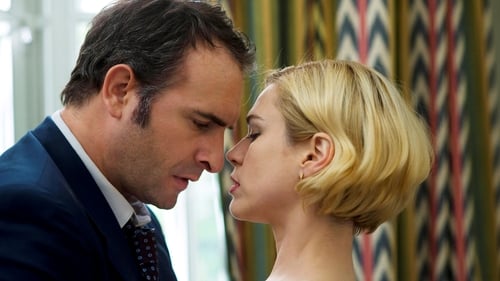
Happily married with a daughter, Marc is a successful real estate agent in Aix-en-Provence. One day, he has an appointment with a woman to view a traditional country house. A few hours later, Marc finally puts a name to her face. It's Cathy, the girl he was in love with growing up in Oran, Algeria, in the last days of the French colonial regime. Marc hurries to her hotel. They spend the night together. Then she's gone again. And Marc's mother tells him Cathy never left Algeria. She was killed with her father in a bombing just before independence...
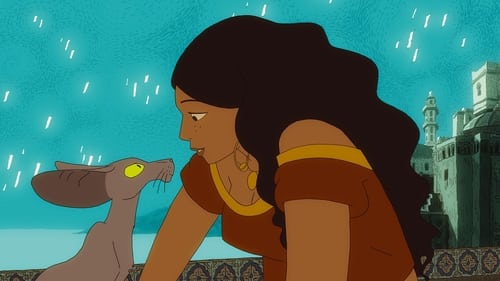
Tras comerse un periquito, el gato de un rabino adquiere la capacidad de hablar, y no sólo eso, sino que se vuelve un estudioso de las creencias de su amo, criticándolas como sólo un gato podría hacerlo, y entablando una fuerte amistad con la hija del religioso.
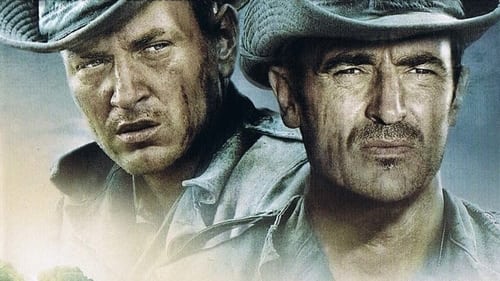
A drama following a French platoon during Algeria's war of independence.
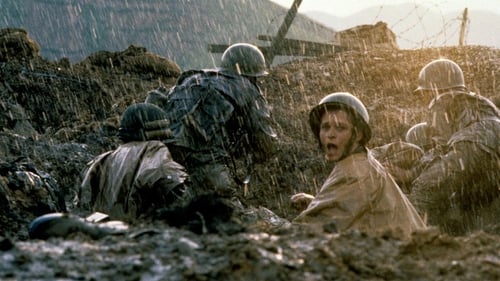
Un periodista americano se encuentra en Vietnam en el 57º día de la batalla de Dien Bien Phu entre el ejército francés y las guerrillas Vietminh, la cual acaba con una derrota de las fuerzas francesas y la retirada de Francia de Indochina. (FILMAFFINITY)

Después de estar varios meses a la espera de noticias, las tropas francesas de las colonias africanas se verán obligados a batallar con sus vecinos alemanes. Con tal de aumentar el número de tropas, los franceses comienzan a reclutar soldados entre los nativos, proveyéndoles de rifles, botas y uniformes necesarios para que puedan combatir.
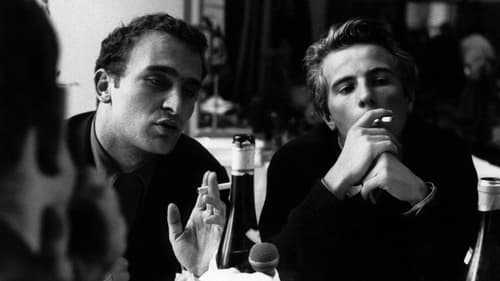
París, verano de 1960. El antropólogo y cineasta Jean Rouch, acompañado por el sociólogo y crítico de cine Edgar Morin, y asistidos por Marceline y Nadine, deambulan por las calles abarrotadas preguntando a la gente común y corriente cómo afrontan las desgracias de la vida. ¿Eres feliz? Pero su verdadero propósito es averiguar si las personas normales pueden hablar sinceramente frente a una cámara y cómo reaccionan cuando se les invita a analizar el significado de sus respuestas.
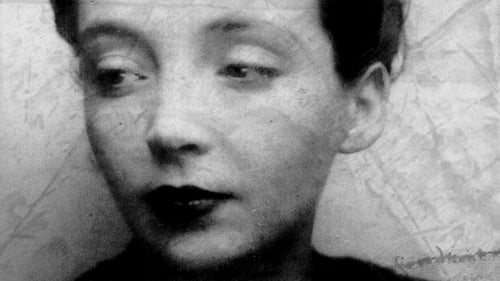
When French writer Marguerite Duras (1914-96) published her novel The Sea Wall in 1950, she came very close to winning the prestigious Prix Goncourt. Meanwhile, in Indochina, France was suffering its first military defeats in its war against the Việt Minh, the rebel movement for independence.

A "Reformed Colonel" is found dead in Paris, a couple of decades after Algeria's struggle for independence was won from France. Lieutenant Galois is assigned the investigation of this murder. She receives the diary of Lieutenent Guy Rossi who served under The Colonel in Algeria in 1956, and has been reported as missing in action since 1957. The revelations found in Rossi's diary go far beyond The Colonel's actions in Algeria, and give an insight on how dirty Algeria's War for Independence really was.
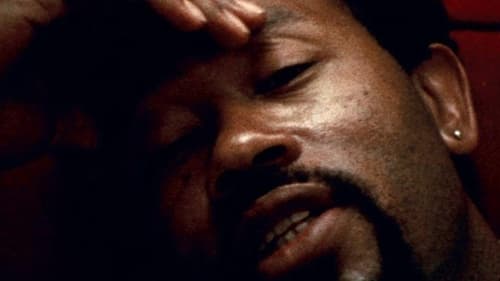
The portrait of Eldridge Cleaver, the "Minister of Information" for the Black Panthers movement, in exile in Algiers.
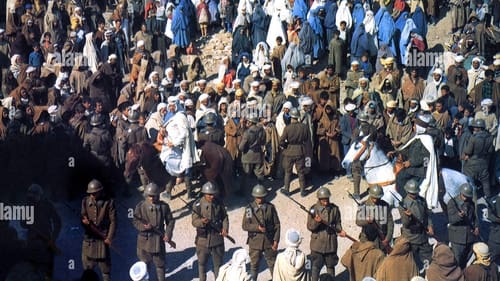
The beginings of the Algerian Revolution as seen through the eyes of a peasant.
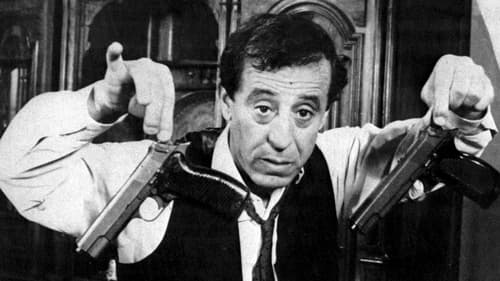
Directed by Mohammed Lakhdar-Hamina.
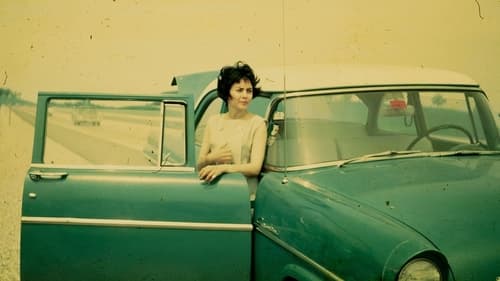
Using his personal background, Brazilian Karim Aïnous invites the audience to follow/discover an incredible journey through space and time, with an original and usually unknown prism/aspect : The strong bound between Algeria and Brazil, two countries with political and revolutionary strikes that mould their evolution.

Parisian authorities clash with the Front de Libération Nationale (FLN) in director Alain Tasma’s recounting of one of the darkest moments of the Algerian War of Independence. As the war wound to a close and violence persisted in the streets of Paris, the FLN and its supporters adopted the tactic of murdering French policemen in hopes of forcing a withdrawal. When French law enforcement retaliated by brutalizing Algerians and imposing a strict curfew, the FLN organizes a peaceful demonstration that drew over 11,000 supporters, resulting in an order from the Paris police chief to take brutal countermeasures. Told through the eyes of both French policemen as well as Algerian protestors, Tasma’s film attempts to get to the root of the tragedy by presenting both sides of the story.
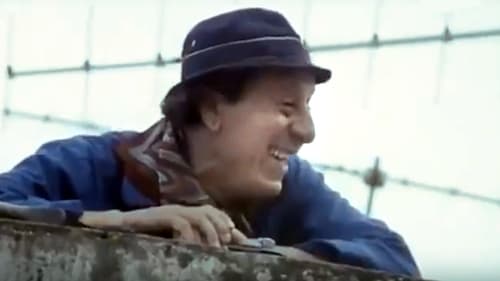
Directed by Moussa Haddad.












